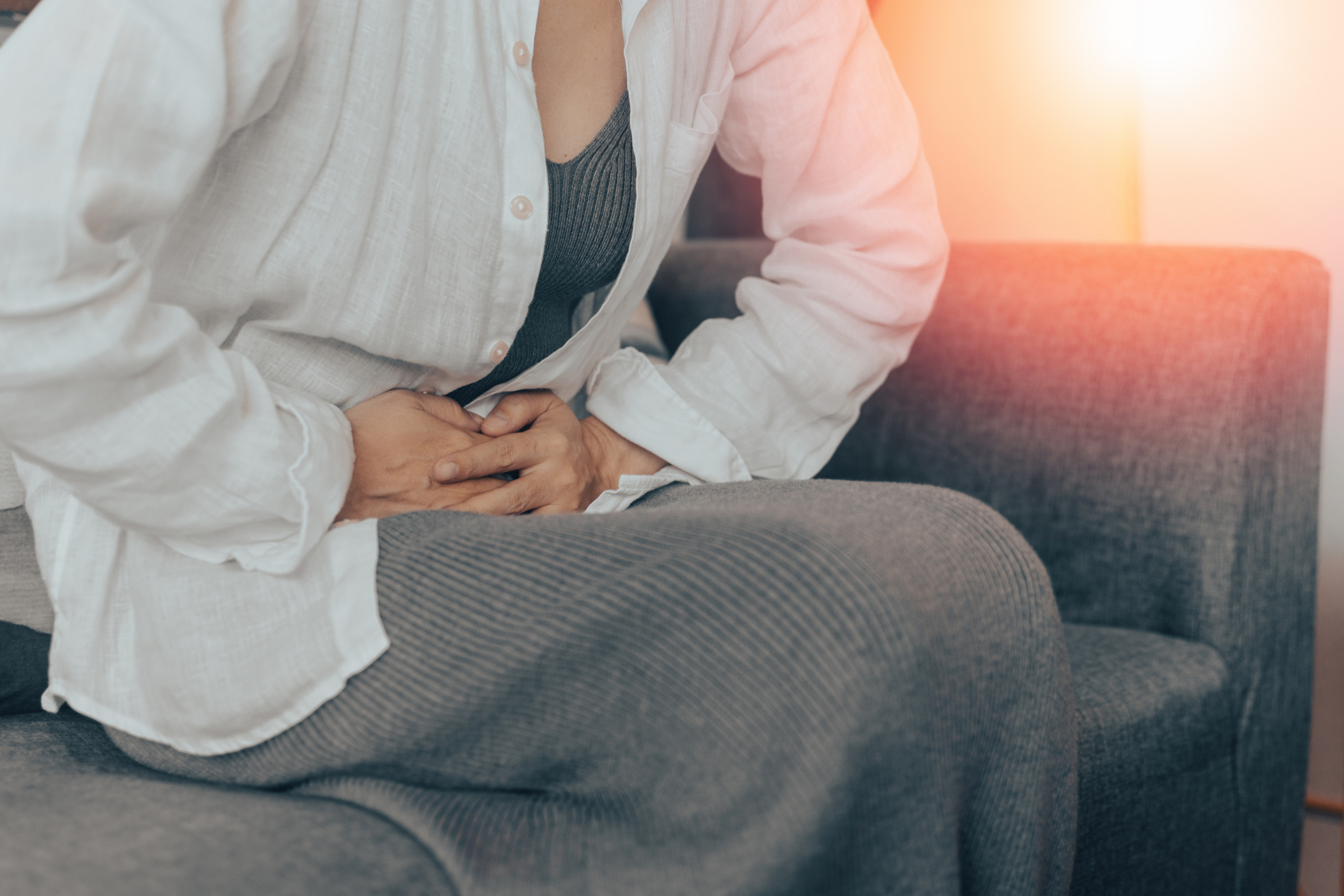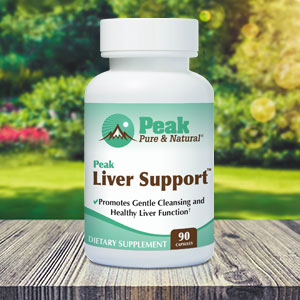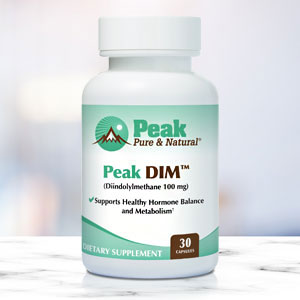Get Easy Health Digest™ in your inbox and don’t miss a thing when you subscribe today. Plus, get the free bonus report, Mother Nature’s Tips, Tricks and Remedies for Cholesterol, Blood Pressure & Blood Sugar as my way of saying welcome to the community!
How phthalates can trigger abnormal growths in women

There are very few areas of our lives that are untouched by environmental pollutants. These toxic chemicals can be found in the containers and packaging used to store our food and drink, the walls and surfaces of our homes and the personal care products we put on our bodies every day.
One family of these chemicals, phthalates, appears to be especially hazardous to our health. Studies have linked phthalates like di-(2-ethylhexyl) phthalate (DEHP) to insulin resistance and a higher risk of diabetes, as well as low testosterone, weight gain (especially around the waist), reproductive issues, thyroid problems, allergies and asthma.
There’s another possible health risk associated with phthalate exposure — one that specifically affects women….
The widespread presence of phthalates
Many cosmetics, lotions and shampoos contain phthalates to help disperse their synthetic scents. These chemicals are so insidious they even show up in personal care products like sanitary pads and tampons (as well as urinary incontinence pads and baby diapers as well).
Here, phthalates are especially dangerous because they come in direct contact with our genitals, which are far more sensitive to chemical absorption than other areas of the body.
In fact, research estimates tampon use could be contributing 15 percent of our total phthalate exposure, pantyliners 10 percent and pads roughly 3 percent.
“These are more than simply environmental pollutants,” says Dr. Serdar Bulun, chair of the department of obstetrics and gynecology at Northwestern University Feinberg School of Medicine and a Northwestern Medicine physician. “They can cause specific harm to human tissues.”
The impact of phthalates on uterine growths
Case in point: a Northwestern Medicine study found women with high exposure to certain phthalates such as DEHP and its metabolites are at high risk of developing a symptomatic uterine fibroid.
Fibroids, the most common type of tumor in women, could affect up to 80 percent of all women at some point in their lifetime. One-quarter of these women develop a symptomatic fibroid, characterized by excessive and uncontrolled uterine bleeding, anemia, miscarriages, infertility and large abdominal tumors that require difficult surgeries to remove.
Previous studies have shown a connection between phthalate exposure and uterine fibroid growth, but the Northwestern study uncovered the mechanisms behind that link.
Researchers discovered exposure to DEHP may activate a hormonal pathway that triggers an environmentally responsive aryl hydrocarbon receptor (AHR). This receptor binds to DNA and causes increased growth of fibroid tumors.
“Interestingly, AHR was cloned in the early ’90s as the receptor for dioxin, the key toxin in the agent orange,” says Bulun, a corresponding study author. “The use of agent orange during the Vietnam war caused significant reproductive abnormalities in the exposed populations; and dioxin and AHR were thought to be responsible for this.”
Don’t just watch and wait
Environmental regulators worldwide are becoming more concerned about the impact of DEHP and other phthalates on human health. While the European Union has instituted some regulatory restrictions on DEHP use, other regulatory bodies like the U.S. Environmental Protection Agency have taken a wait-and-see attitude when it comes to phthalates.
Because of this, DEHP is still widely used for the packaging of food and health products in the U.S. And while some companies are claiming to be using safer, less toxic substitutes for phthalates like DEHP, research indicates they can be just a problematic for our blood pressure and metabolic health.
Even though avoiding phthalates may seem like a daunting prospect, here are a few simple things you can do that will help you dodge these dangerous substances:
- Use unscented, hypoallergenic cosmetics and personal care products. Avoid any product that lists the words “fragrance” or “parfum” on the package.
- Use air fresheners made with pure essential oils instead of synthetic fragrances.
- Use unscented laundry and dish soap and avoid using those plastic-encased detergent pods.
- Instead of a plastic shower curtain, use a cloth one made of cotton or another fabric that you can easily wash and reuse.
To avoid ingesting phthalates:
- Store refrigerated food in glass containers instead of plastic.
- If you do have to use plastic food containers, don’t put them in the microwave. The high temperatures may cause chemicals from the plastic to leach into your food.
- Avoid ordering take-out which comes in plastic containers.
Editor’s note: Have you heard of EDTA chelation therapy? It was developed originally to remove lead and other contaminants, including heavy metals, from the body. Its uses now run the gamut from varicose veins to circulation. Click here to discover Chelation: Natural Miracle for Protecting Your Heart and Enhancing Your Health!
Sources:
Uterine fibroid growth activated by chemicals found in everyday products — Northwestern Now
Phthalates and Their Impacts on Human Health — Healthcare (Basel)
Cyclohexane-1,2-dicarboxylic acid diisononyl ester and metabolite effects on rat epididymal stromal vascular fraction differentiation of adipose tissue — Environmental Research















